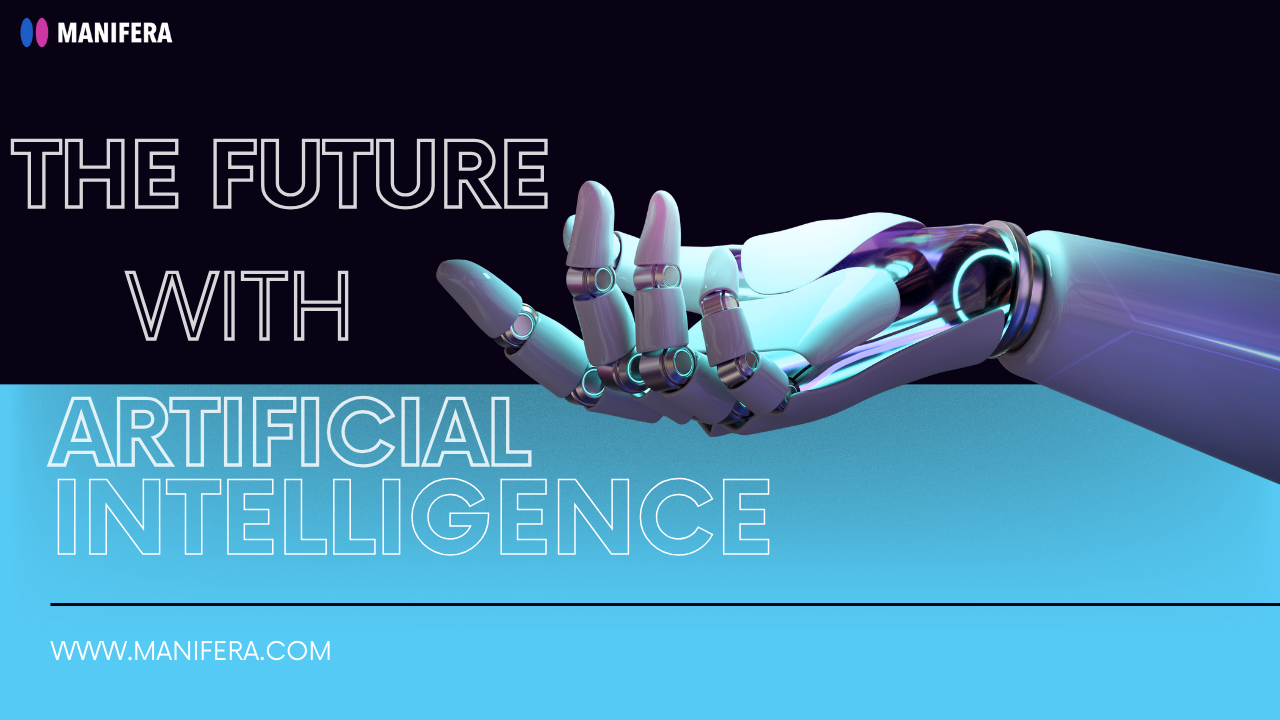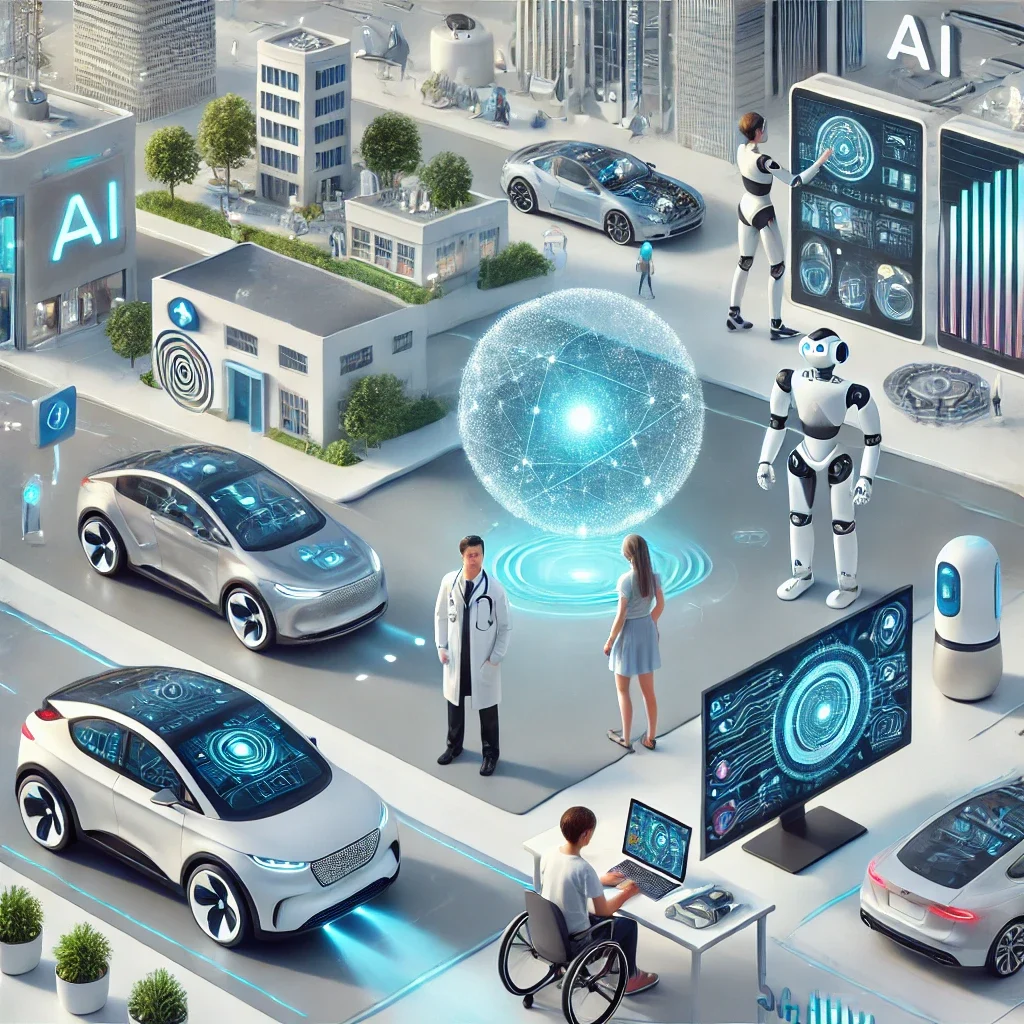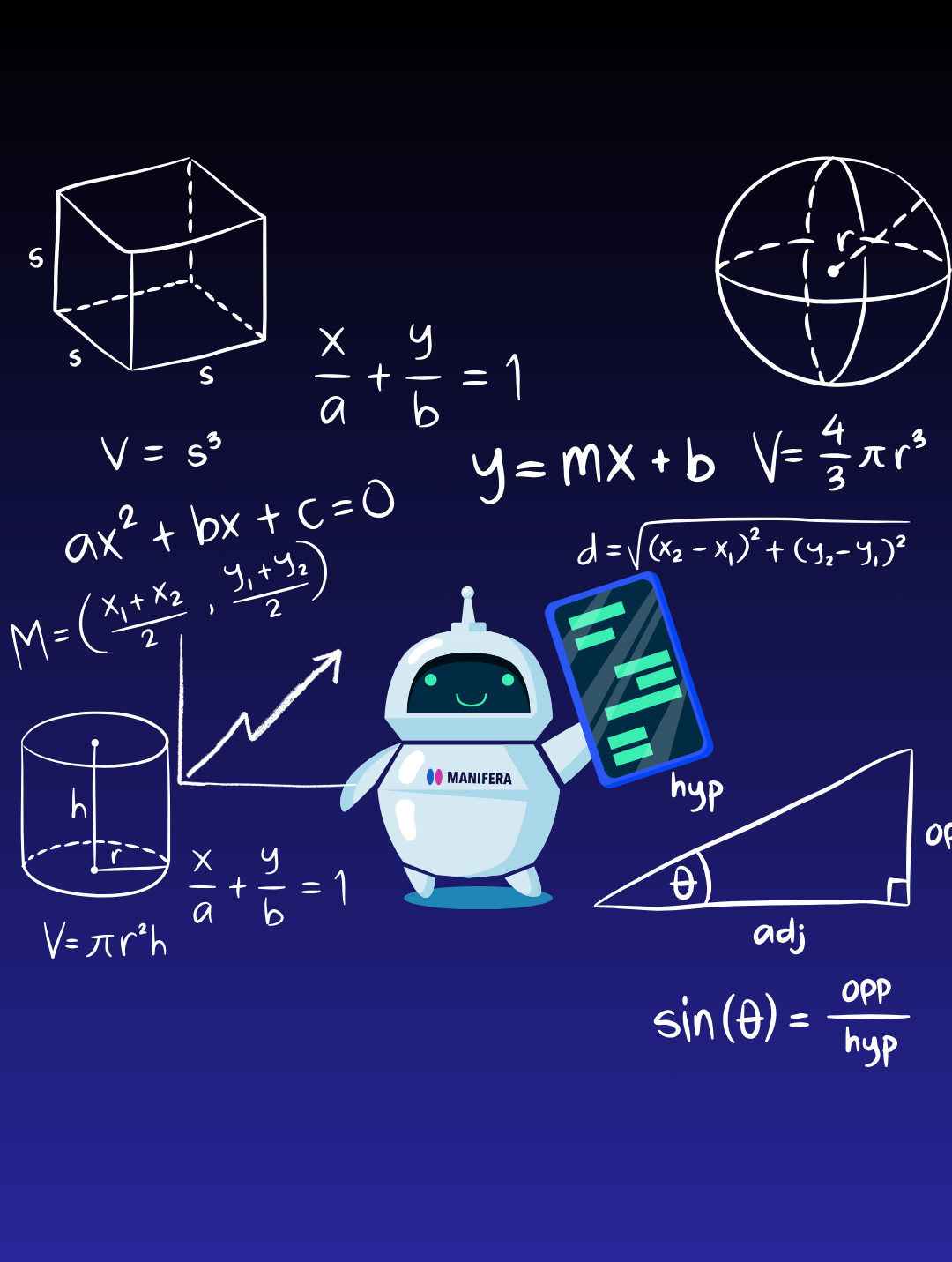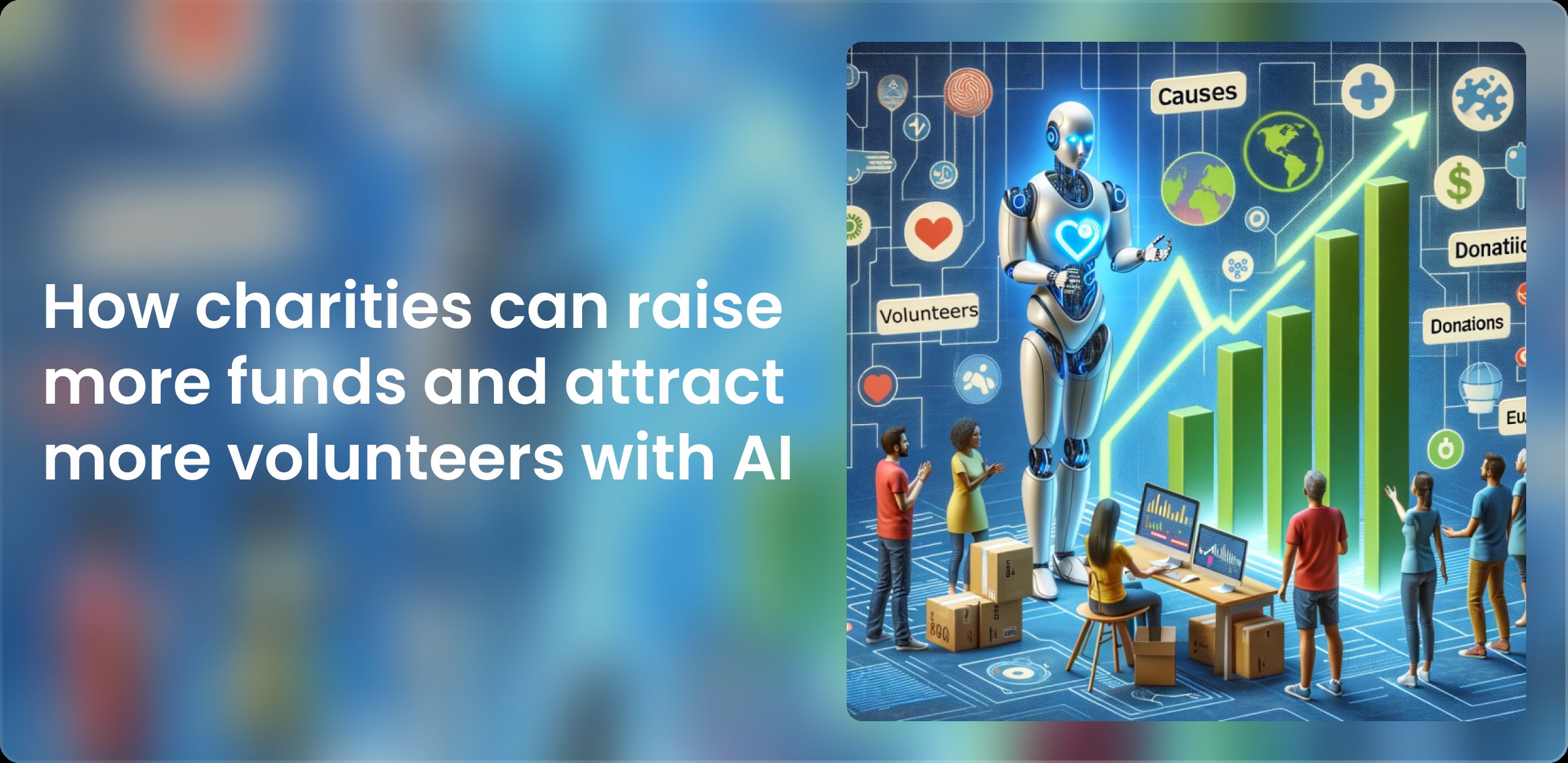
In the next 50 years, the world will undergo extraordinary changes, largely driven by the rapid development of Artificial Intelligence (AI). AI, defined as machines that can simulate human intelligence through learning, reasoning, and problem-solving, will be at the forefront of transforming how we live, work, and interact. This technology will not only enhance efficiency but also revolutionize entire industries, bringing about changes that we can barely imagine today.
AI at Work: Doing Jobs Faster and Smarter
One of the most profound impacts of AI will be on the workforce. Tasks that are repetitive or require analyzing vast amounts of data will be performed faster and with higher accuracy. AI systems can manage emails, analyze complex datasets, predict trends, and even handle customer inquiries through chatbots. This will enable businesses to operate more efficiently and allow employees to focus on higher-level, creative tasks. While it's true that some jobs may become obsolete, particularly those reliant on routine processes, AI will also create entirely new professions that revolve around managing, maintaining, and improving AI systems.
This shift will also give rise to discussions about the importance of reskilling. Governments and educational institutions will need to invest in retraining programs to ensure that people remain employable in a future where AI takes over certain job functions. Jobs that require human creativity, emotional intelligence, and complex problem-solving are likely to be in high demand, as machines excel in data analysis but still struggle with understanding human emotions and social nuances.
AI in Education: Learning Made Easy
AI will make learning easier for everyone. In the future, students could have virtual teachers that teach lessons based on each student's learning style. AI can adjust how fast or slow it teaches, helping everyone learn better. Imagine using virtual reality (VR) to take a trip to ancient Egypt or explore space during a history or science lesson!
Virtual Reality (VR) and Augmented Reality (AR) powered by AI could become common tools for education. Students could explore historical events firsthand, walk on the surface of Mars, or dive into complex scientific concepts through immersive simulations. This shift will make learning more engaging and accessible to everyone, regardless of location or socioeconomic background.
Education will be another area dramatically transformed by AI. Imagine a classroom where each student's learning experience is tailored to their unique needs. AI will act as a personalized tutor, offering lessons that adapt to the student's pace and understanding. By analyzing a student's performance, AI can identify areas of strength and weakness, offering targeted support to improve learning outcomes.
AI in Healthcare: Better and Safer
AI will help doctors find diseases earlier and plan better treatments. Robots might assist with surgeries, making them safer and more precise. This means faster recoveries for patients. With AI, healthcare could become more personalized, giving each person the care they need at the right time.
The healthcare sector will benefit immensely from AI, as machines can process vast amounts of medical data faster than humans. AI systems will be able to diagnose diseases with greater accuracy, sometimes even before symptoms appear, leading to earlier and more effective treatments. AI will assist doctors in interpreting medical images, such as X-rays and MRIs, and help in identifying anomalies that the human eye might miss.
Moreover, AI will play a crucial role in personalized medicine, where treatments can be tailored to a patient's genetic makeup and health history. Robotic surgeries, assisted by AI, will become more common, making procedures less invasive and recovery times shorter. However, the ethical implications of AI in healthcare will be a topic of significant debate, especially regarding patient privacy and the decision-making power of machines in critical care.
AI in Transportation: Smarter, Safer Travel
The transportation industry will see a seismic shift with AI at the wheel—literally. Self-driving cars will not only become a common sight but will also lead to safer roads as AI systems are less prone to human error. These autonomous vehicles will be able to communicate with each other to avoid accidents and choose the most efficient routes, reducing traffic congestion and cutting down on travel time.
In addition to cars, AI will impact public transportation, air travel, and logistics. AI-powered drones will likely handle package deliveries, reducing human effort and making same-day delivery a standard expectation. AI could even optimize flight paths for planes, making air travel faster and more environmentally friendly. However, with all these advancements, there will be concerns about the ethical use of AI in ensuring privacy and security, as well as potential job losses in transportation sectors.
AI in Everyday Life: Smart Homes, Cities, and Beyond
AI will extend into our homes and daily routines in ways we are just beginning to grasp. Smart homes equipped with AI will manage lighting, climate, and security systems automatically. These systems will anticipate our needs, adjusting the environment based on our preferences without us needing to lift a finger. For example, AI could learn when you're typically home and automatically adjust the temperature or turn on lights as you approach.
Virtual assistants like Alexa, Siri, and Google Assistant will become even more integrated into our lives, handling a wider range of tasks such as managing schedules, making online purchases, or even helping with medical reminders. We could see the rise of fully AI-powered smart cities, where traffic lights, public transportation, and utilities are all managed through interconnected AI systems to optimize energy usage, reduce waste, and improve the quality of urban life.
Challenges and Opportunities: Navigating an AI-Driven Future
While the future with AI promises incredible advancements, it also comes with significant challenges. The rise of AI raises ethical questions about privacy, decision-making, and accountability. Who will be held responsible if an AI system makes a mistake? How can we ensure that AI is used ethically and does not perpetuate biases in decision-making?
Moreover, the divide between those who have access to AI technologies and those who do not could widen, exacerbating existing inequalities. It will be important for governments and organizations to address these issues head-on to ensure that AI benefits everyone, not just a select few.
In conclusion, the next 50 years with AI will bring about unprecedented changes across all aspects of life. From reshaping industries to enhancing our daily experiences, AI holds the potential to revolutionize the world. The key will be to ensure that we navigate these changes thoughtfully, balancing innovation with ethical considerations to create a future where AI benefits humanity as a whole.

Suggested Posts
How useful was this post?
Share it with your friends
Get our latest articles here!
Do you have any questions?
Help us improve the content of this Insightful blog by asking us questions. Manifera's team of experts will help you answer these questions as soon as possible.










